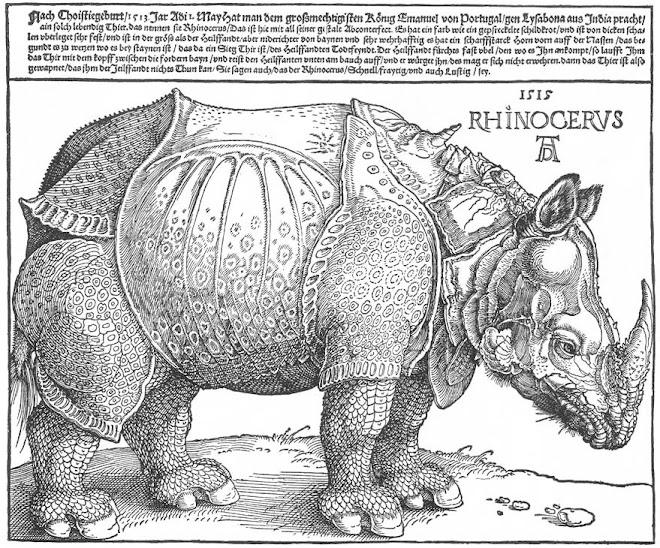What the Photograph reproduces to infinity has occurred only once: the Photograph mechanically repeats what could never be repeated existentially. (p. 4)
Whatever it grants to vision and whatever its manner, a photograph is always invisible: it is not it that we see. (p. 6)
In an initial period, Photography, in order to surprise, photographs the notable; but soon, by a familiar reversal, it decrees notable whatever it photographs. The "anything whatever" then becomes the sophisticated acme of value. (p. 34)
Ultimately, Photography is subversive not when it frightens, repels, or even stigmatizes but when it is pensive, when it thinks. (p. 38)
When we define the Photograph as a motionless image, this does not mean only that the figures it represents do not move; it means that they do not emerge, do not leave: they are anesthetized and fastened down, like butterflies. (p. 57)
Earlier societies managed so that memory, the substitute for life, was eternal and that at least the thing which spoke Death should itself be immortal: this was the Monument. But by making the (mortal) Photograph into the general and somehow natural witness of "what has been," modern society has renounced the Monument. A paradox: the same century invented History and Photography. But History is a memory fabricated according to positive formulas, a pure intellectual discourse which abolishes mythic Time; and the Photograph is a certain but fugitive testimony; so that everything, today, prepares our race for this impotence: to be no longer able to conceive duration, affectively or symbolically: the age of the Photograph is also the age of revolutions, contestations, assassinations, explosions, in short, of impatiences, of everything which denies ripening. (pp. 93-94)
Subscribe to:
Post Comments (Atom)



+--+Albrecht+D%C3%BCrer.bmp)

No comments:
Post a Comment